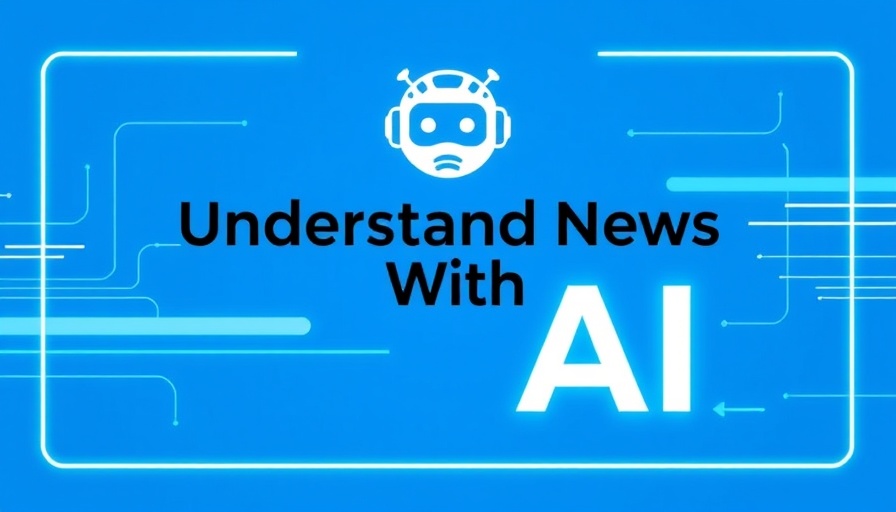
AI Job Cuts: What the Future Holds for Workers
The ongoing debate over artificial intelligence (AI) and its impact on the job market reached a crescendo recently at the VivaTech conference in Paris. Jensen Huang, CEO of Nvidia, and Dario Amodei, CEO of Anthropic, found themselves at odds over the potential job losses attributed to AI technologies.
Huang firmly believes that AI will not lead to mass layoffs, arguing instead that it will lead to new job creation. In his view, the technology empowers companies to become more productive, ultimately increasing the demand for workers. “Whenever companies are more productive, they hire more people,” he stated during the briefing. This perspective stands in contrast to Amodei, who predicts that AI could significantly disrupt entry-level jobs over the next five years, projecting that unemployment rates could rise as high as 20% if no proactive measures are taken.
The Diverse Perspectives on AI's Impact on Employment
This divide between Huang and Amodei reflects broader opinions in the tech industry. Eric Schmidt, former Google CEO, emphasizes the need for workers across various fields to quickly adopt AI tools to remain relevant. “If you’re not using this technology, you’re not going to be relevant compared to your peer groups,” Schmidt warned during a recent TED talk, underscoring the urgency for adaptation amidst technological evolution.
In contrast, other tech leaders display a sense of optimism regarding AI’s role as an “accelerator” for productivity and economic growth. Google CEO Sundar Pichai describes AI as a facilitator of new jobs rather than merely a risk for existing positions, thereby encouraging discussions around responsible AI development.
Addressing Job Losses: A Community Perspective
At the heart of this debate lies the fear of AI job cuts, a concern that resonates deeply within communities. The pain of job loss—not just for individuals, but for families and neighborhoods—cannot be overlooked. Every potential layoff carries a ripple effect, impacting local businesses and the economy as a whole.
For local entrepreneurs and small business owners, understanding the landscape of AI's impact can inspire proactive measures to adapt. This might involve reskilling programs or diversifying services to meet emerging needs, ensuring that businesses continue to thrive amid an evolving job market.
AI’s Role in Tomorrow’s Workforce: A Collaborative Approach
Younger generations are increasingly attuned to the importance of technology in modern employment; however, many remain unaware of the risks that accompany rapid advancements like AI. The voices of leaders like Amodei, who advocate for transparency and awareness around AI's capabilities, are vital in preparing not only policymakers but also future workers for the changes ahead.
As communities discuss these changes, there is an opportunity to foster collaboration between tech companies and educational institutions. By creating tailored curricula that emphasize tech literacy, students can enter the workforce equipped with the skills necessary to thrive alongside AI.
Concluding Thoughts on Navigating AI Innovations
As the conversation continues around AI's potential to reshape industries, it is essential for community members to remain informed and proactive. Embracing the changes posed by AI presents both challenges and opportunities. How we adapt to and influence this technological shift will define the future of work in our local communities.
Innovation, after all, is not just about the tools we use, but how we empower people to utilize these tools in meaningful ways. As we navigate through these transformations, engaging with AI conversations and understanding its implications will be crucial in ensuring job security and economic growth for everyone.
 Add Row
Add Row  Add
Add 




Write A Comment